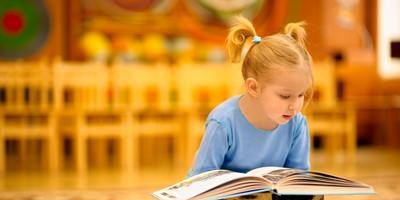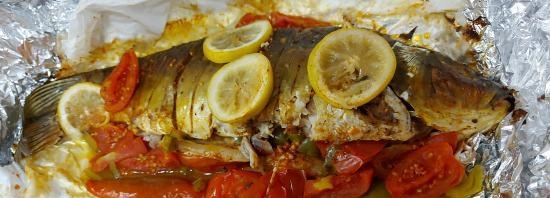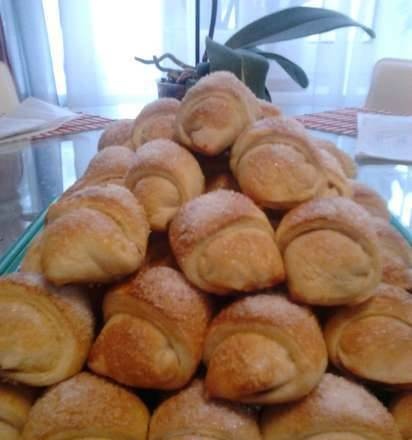|
 What should a modern book be like to be a real counselor to a child, to help a child choose an ideal that he wants to imitate? Who should create a book for today's and tomorrow's reader? The book is a special "commodity". It is spiritual food that is needed today, tomorrow, and forever. No one doubts that the process of creating children's literature has become spontaneous. Now you can print a book to anyone and in any edition, if you have money. What should a modern book be like to be a real counselor to a child, to help a child choose an ideal that he wants to imitate? Who should create a book for today's and tomorrow's reader? The book is a special "commodity". It is spiritual food that is needed today, tomorrow, and forever. No one doubts that the process of creating children's literature has become spontaneous. Now you can print a book to anyone and in any edition, if you have money.
But the quality is poor. Let us recall that in the 1920s and 1980s a section of children's literature worked at the Writers' Union ... conferences were regularly held, new works for children were discussed and recommended. There was an idea to create an Institute of Children's Literature.
The essence of publishing a children's book for family reading. What should it be? A child of preschool and primary school age "reads" a book first with his eyesight, according to drawings. And it does not reach for, perhaps, an interesting book with an unattractive gray cover, without bright drawings inside.
Each children's book should have its own artistic face.
Here it is worth recalling the requirements for the design of a children's book, for its visual and illustrative material: relevance, correspondence, communicative (speech) orientation, educational impact, drawings should be made in a realistic manner, contain details familiar to the child. The appearance of the book should be rich in invention and artistic taste, the use of different fonts, high quality paper.
The teacher is the bearer of knowledge about literature, the organizer of the educational, cognitive and educational process, the person who introduces students to the world of the art of words.
The social need for teachers of a new type is natural. A primary school teacher needs to be a humanistically oriented educator, a master and a guarantor to establish contacts in any field of activity of pupils. His efforts should be directed to the development of the child's personality by means of the academic subject - literary reading.
 The lesson of literary reading is special: it is necessary to tune the child not only to mental work, but also to the aesthetic and emotional perception of a work of art. If there is no inner emotion, empathy in the lesson, students will not get joy from communicating with the writer's word. The lesson of literary reading is special: it is necessary to tune the child not only to mental work, but also to the aesthetic and emotional perception of a work of art. If there is no inner emotion, empathy in the lesson, students will not get joy from communicating with the writer's word.
On what, then, should the teaching of elementary schoolchildren to be concentrated on literary reading? We are inclined to think that education in today's conditions should be based on a combination of a traditional life system and its methodology (to educate an intelligent person) and the introduction of new pedagogical technologies in modern education.
The concept of "pedagogical technology" is a kind of regulator of the teacher's scientific and practical thinking.
There are a lot of statements and definitions of "pedagogical technologies", often contradictory and diverging in interpretation. I am more impressed by the definition that unites the entire educational process as a whole, considering it as a system.
Today's teacher should know about those pedagogical technologies that are advisable to apply in literary reading lessons and independent reading in particular. These should be technologies that will provide developmental learning, student-centered learning, differentiated group learning, adaptive-integrated learning, the formation of a creative personality, etc.
The pedagogical process in the classroom of literary reading is built on the principle of dialogue, taking into account the relationship "author - work of art - reader".The development of these relations takes place in the practical literary activity of the schoolchildren themselves from the position of “reader”, “critic”, “artist”, “author of his own text”. This role of the teacher will become possible only when he is ready to introduce such pedagogical technologies.
To be at the level of modern requirements, a teacher who introduces modern educational technologies into the educational process of an elementary school must have not only theoretical knowledge, but also have a system of professional skills.
Kirichenko S.P.
|
 What should a modern book be like to be a real counselor to a child, to help a child choose an ideal that he wants to imitate? Who should create a book for today's and tomorrow's reader? The book is a special "commodity". It is spiritual food that is needed today, tomorrow, and forever. No one doubts that the process of creating children's literature has become spontaneous. Now you can print a book to anyone and in any edition, if you have money.
What should a modern book be like to be a real counselor to a child, to help a child choose an ideal that he wants to imitate? Who should create a book for today's and tomorrow's reader? The book is a special "commodity". It is spiritual food that is needed today, tomorrow, and forever. No one doubts that the process of creating children's literature has become spontaneous. Now you can print a book to anyone and in any edition, if you have money.





